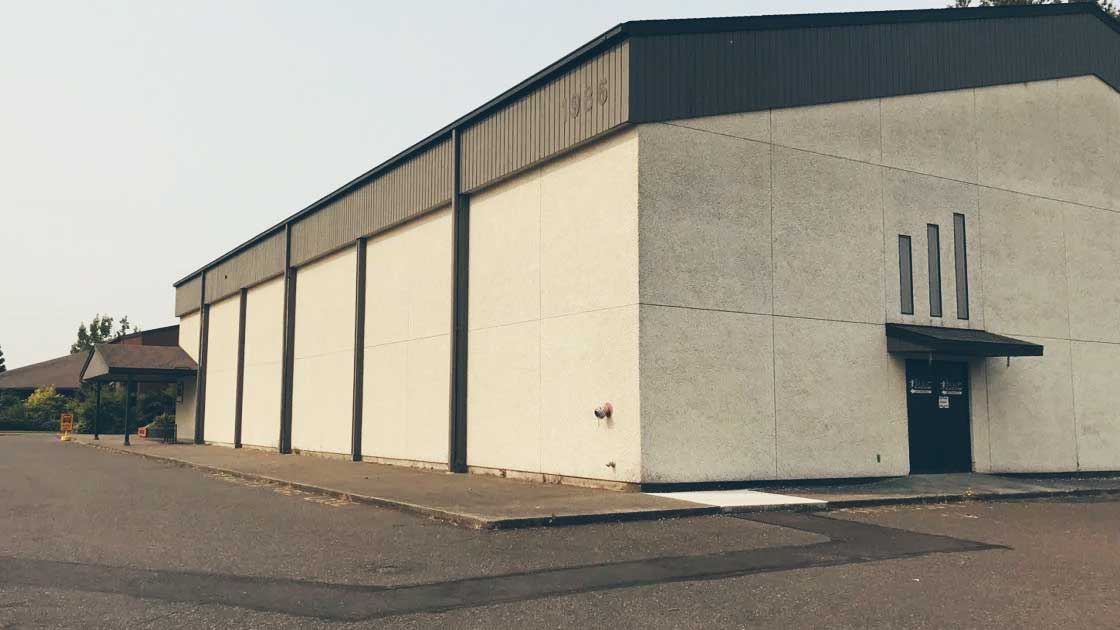Overcoming Significant Obstacles
City Bible Church of Portland, Oregon, had been given a church building with 18 acres in 2012. They sold the building to a local NBA star who uses it for a community non-profit, but developing the raw land proved more difficult. The Church knew they needed to find someone they could trust to help them navigate the Preliminary Plat process. They called VP Jamie Imus to assist with Land Use Consulting.
“Everyone had read in the papers about some of the missteps previous consultants had made on this project. The neighbors were well organized against not just the proposed development, but also the way the previous developers handled the process. They tried to bring in a large regional grocery store, which didn’t take the local economy or culture into account. They were publicly rejected and sent on their way. We knew Lynden required a more careful approach.”
The Cultivate Team started off by walking the neighborhood, knocking on doors, and personally introducing ourselves to the people in the community. Almost immediately, Jamie could see the value in a Charette Process, where various stakeholders in the town are invited over multiple days to bring their experience and perspective into community discernment. School board members, realtors, soccer moms, builders, and recent college graduates were all invited to work with the Cultivate Team to help imagine a master plan that best serves the people, the environment and is still financially worth the time and effort.
VP Rob Weston is already friends with the best and brightest in the Lynden real estate market, who were grateful for the chance to help improve the next development project in town. VP Ali Taysi connected the right environmental and civil engineers to this process. And when some still-unhappy neighbors violated the law in opposition to any change of any kind, President Matt McCoy helped remind the city employees how due process works.
After achieving the zoning ordinance change, Jamie reflected, “We knew City Bible Church wanted to put together a project that would benefit the City of Lynden, and so we took a long, slow approach that involved input from all the stakeholders in the community. Small towns like Lynden don’t want outsiders with an agenda, and they appreciated the Charette process that helped give everyone a voice. I’m proud to say we were able to get it done for them, and for the neighborhood.”

